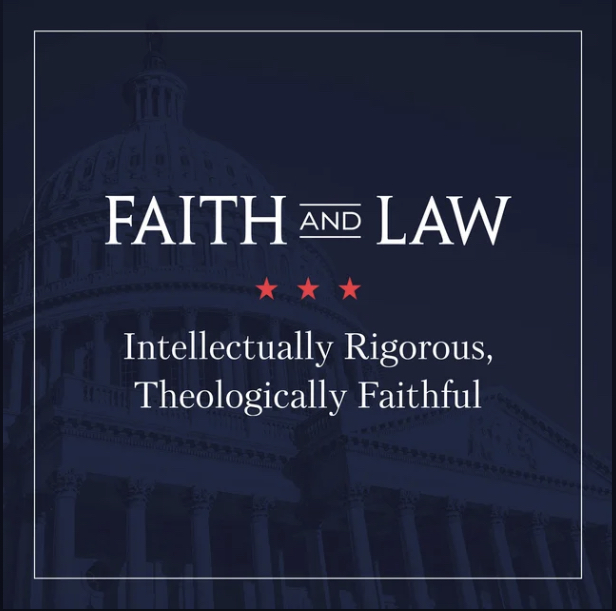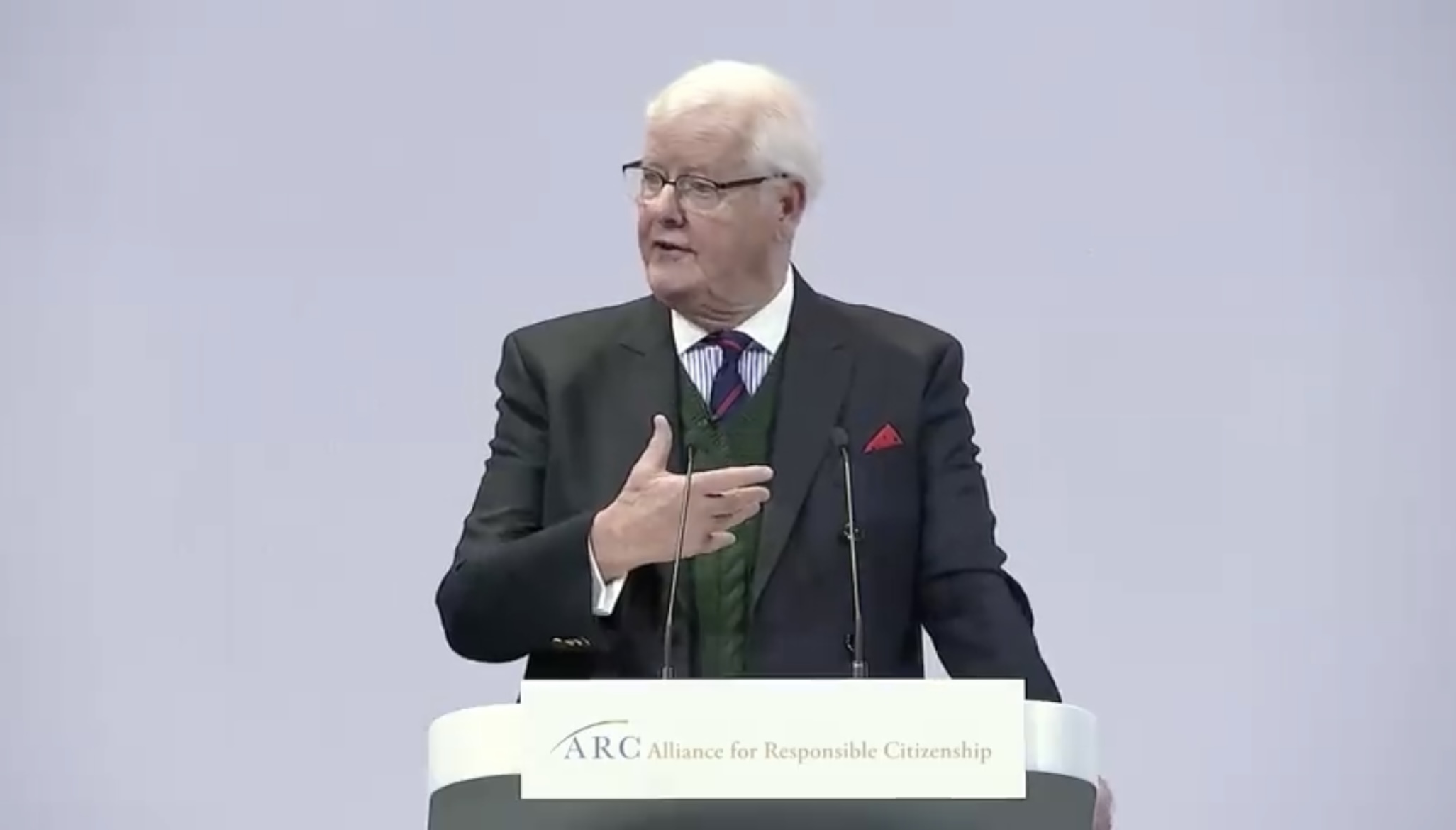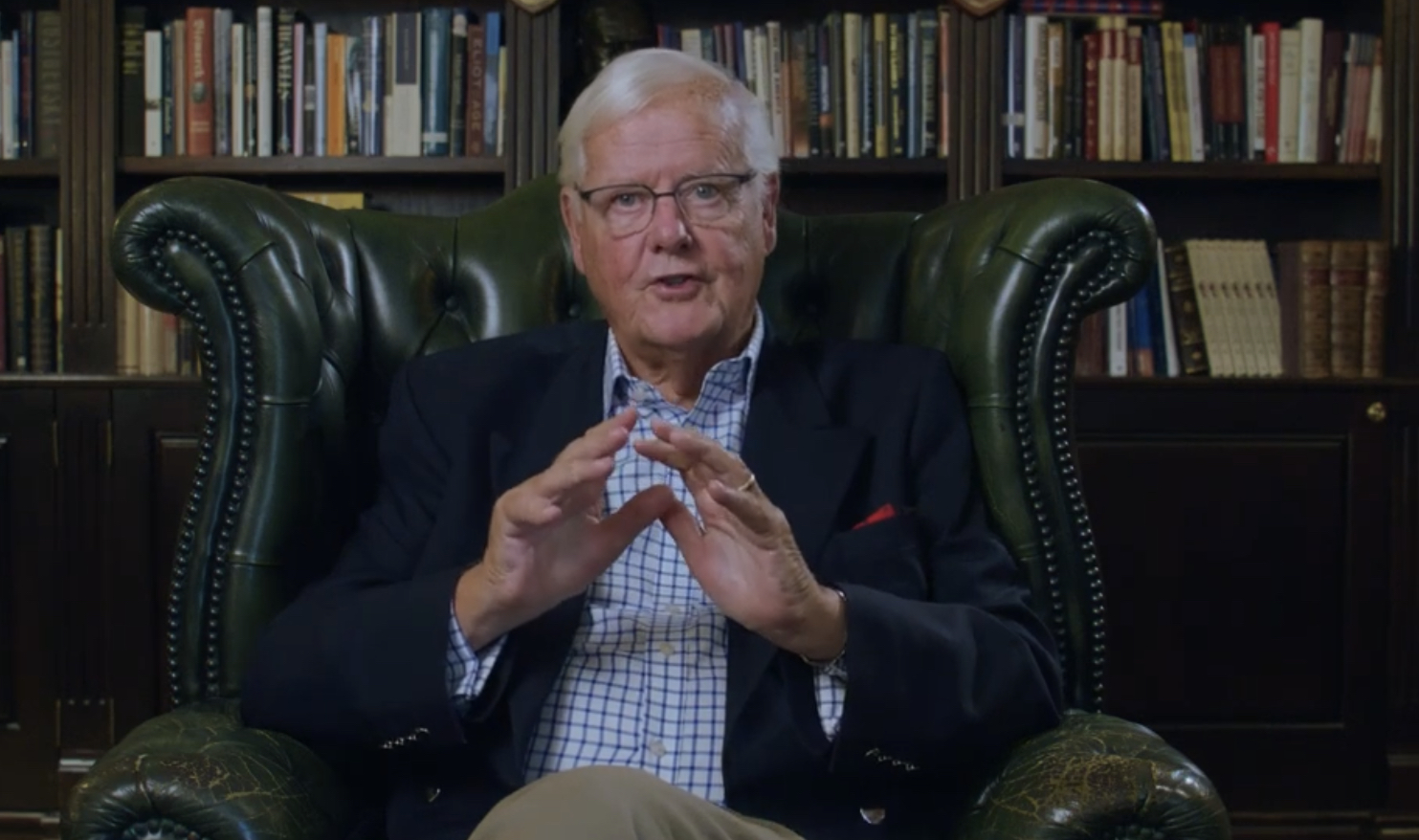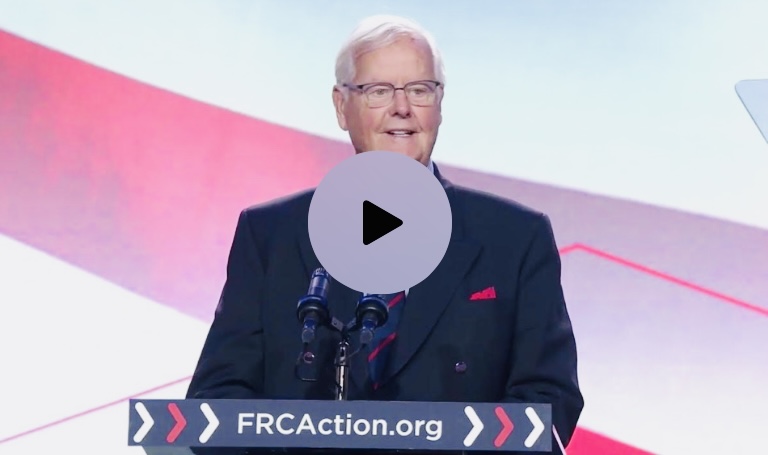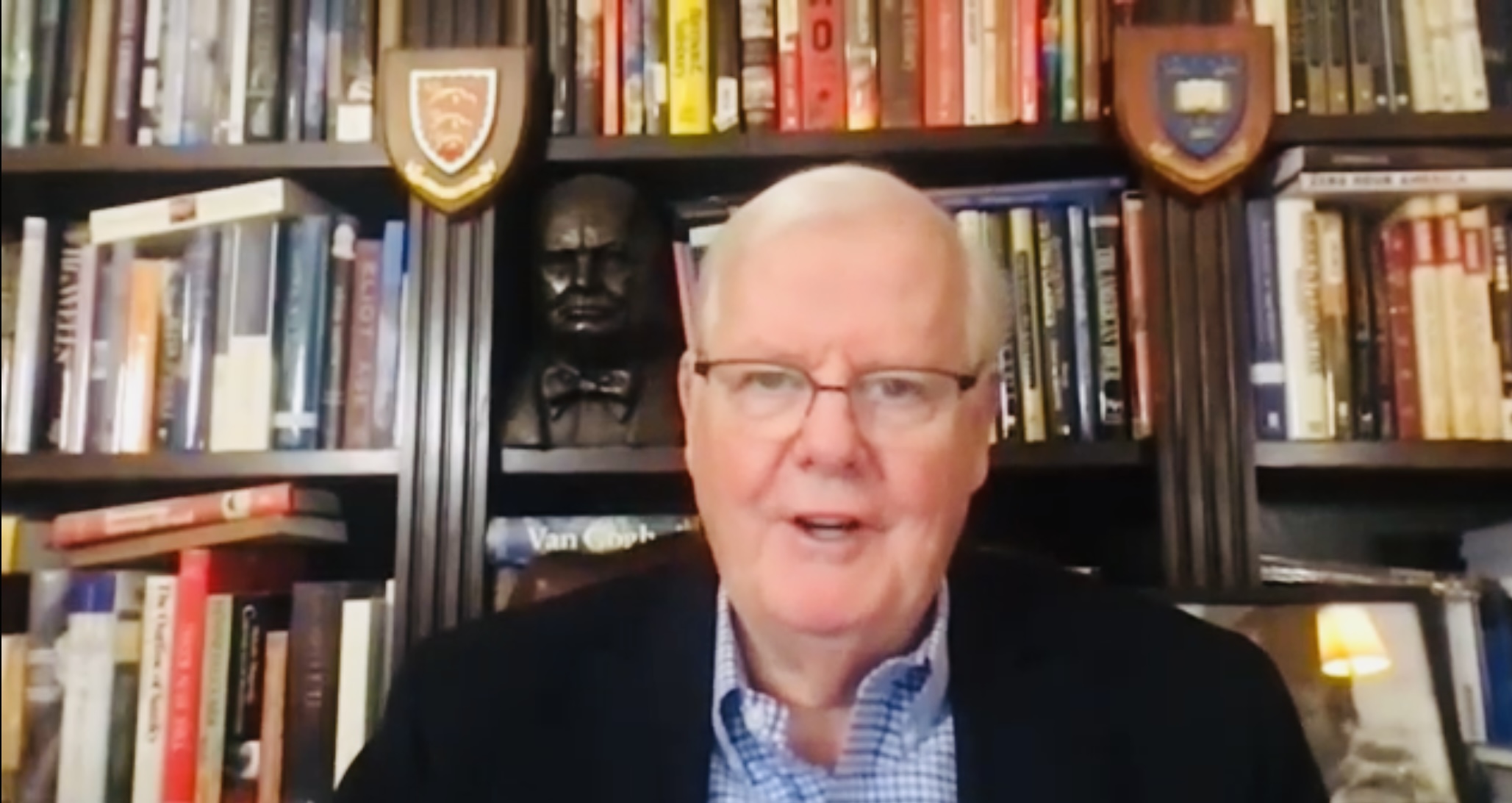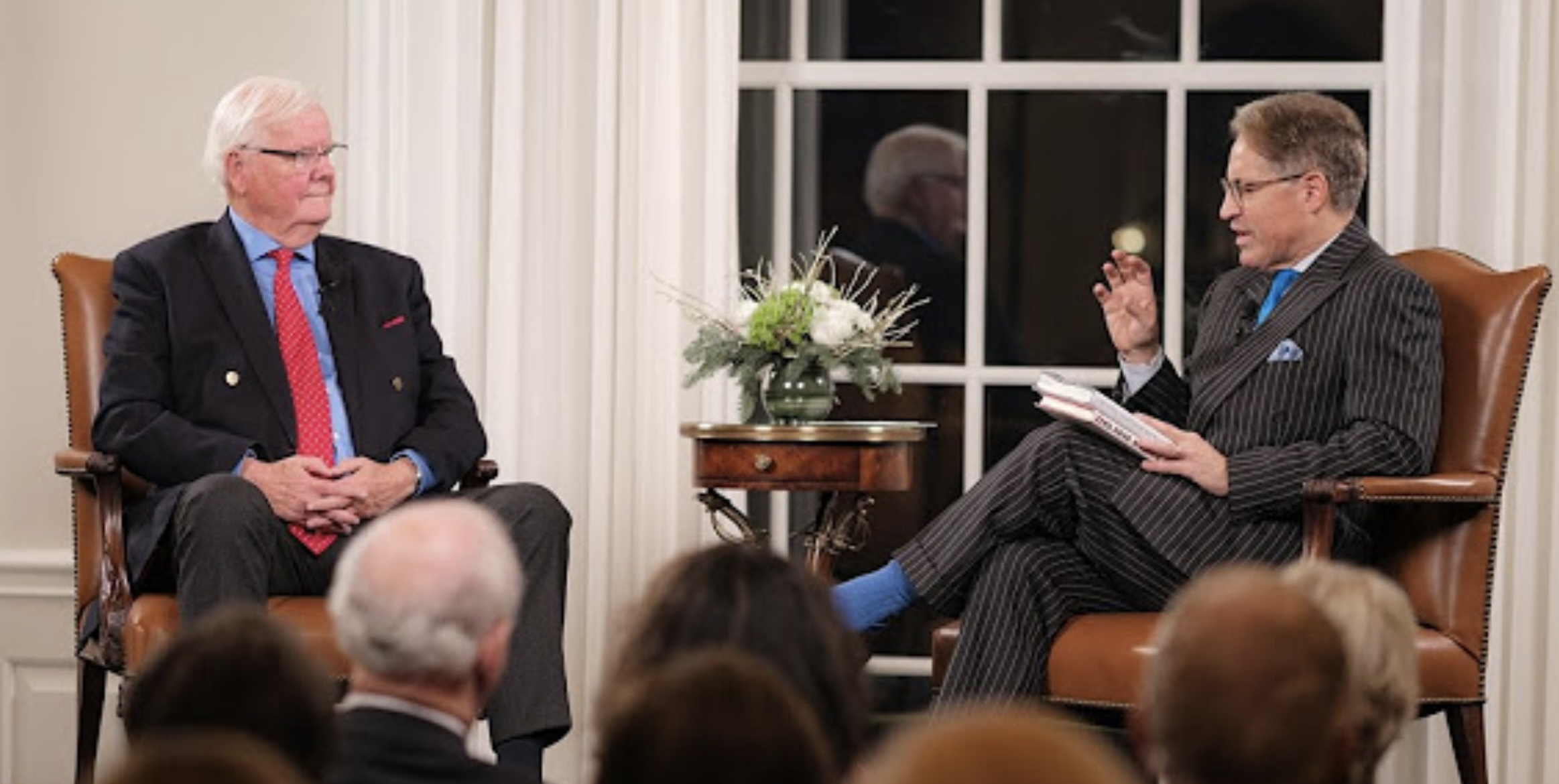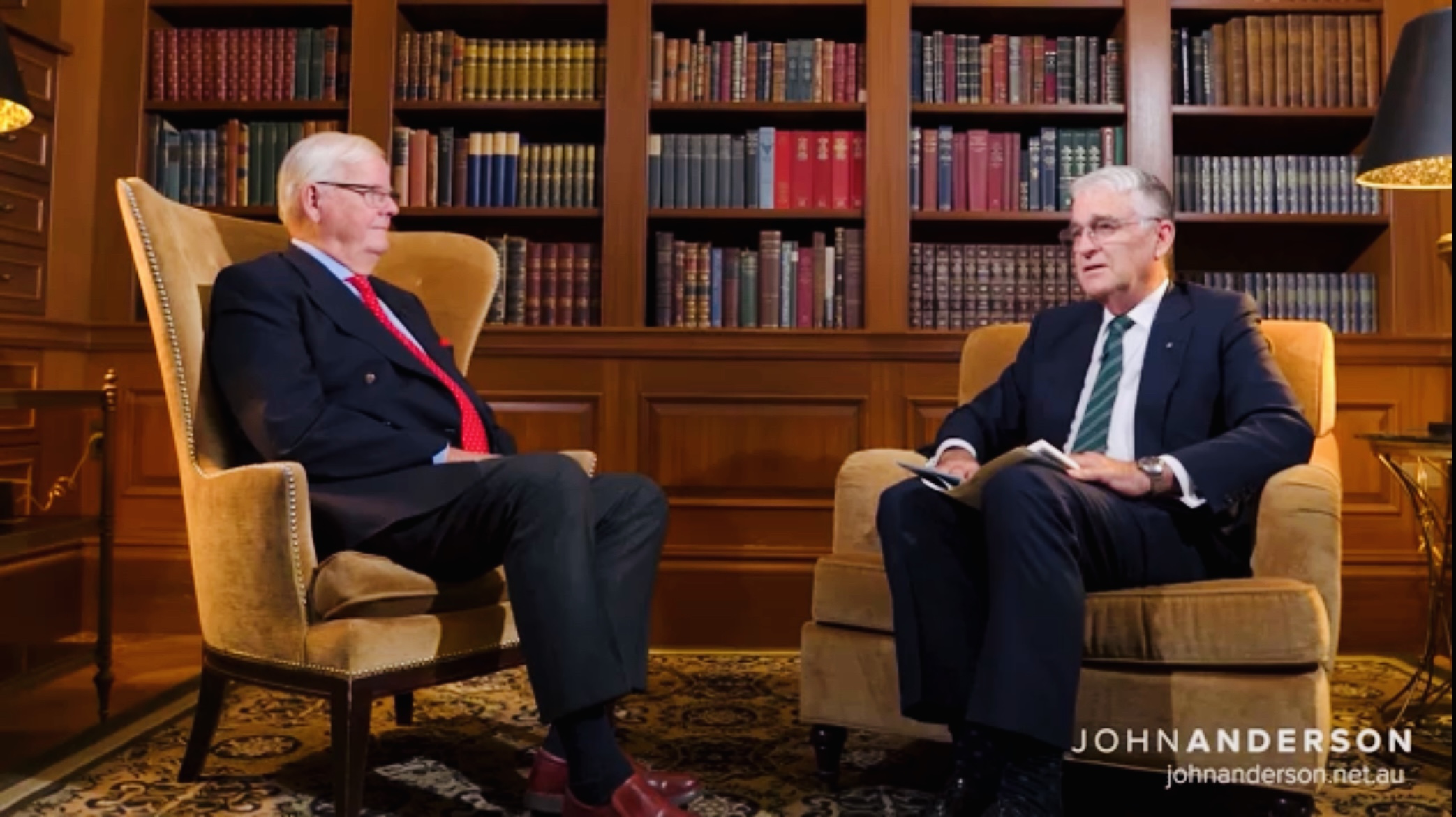Category: Culture/Politics
‘Our Civilizational Moment’ — Alliance for Responsible Citizenship
Our Civilizational Moment: the waning of the West and the war of the worlds
Where do you find the great civilizations of the world?
In ruins, in museums, and in history books. Each one in its time rose, flourished, and then declined and fell. Is the West facing its own civilizational moment today?
A civilizational moment is a critical transition phase in the rise, course, and decline of a civilization when a civilization loses its decisive connection with the dynamic that inspired it. Such a moment must then issue in one of three broad options: a renewal of the dynamic that inspired the civilization in the first place, a successful replacement of the original dynamic by another, or the decline of the civilization. In sum, the issue for a civilization in a civilizational moment is its vision of ultimate reality: Is the civilization in living touch with the ideas, ideals, and inspiration that created it in the first place and chat it needs no to continue to flourish? Or, with its roots severed, is it destined to decline and die?
Guinness’s analysis is wide-ranging and hard-hitting, but he ends with hope.
This book is for all who care about the state of the world, who strive for a human-friendly future, and who are ready to make a stand for what matters.
‘Our Civilisational Moment’ — Alliance for Responsible Citizenship
“Future of Freedom: Renewal, Revolution, or Decline” — Family Research Council
“Reading God’s Signs” — ‘More Christ’ Podcast
“The Magna Carta of Humanity” — Socrates in the City
“Freedom, Faith & Forgiveness” — John Anderson | Conversations
Zero Hour America: History’s ultimatum over freedom and the answer we must give
America has lost its way. And America will fall—unless.
Americans are approaching a “zero hour” for the republic and its distinctive view of ordered freedom. America is caught between two revolutions and alternately suppresses and squanders freedom with a prodigal carelessness, with little understanding of the responsibilities that freedom requires.
Os Guinness warns that if America abandons its distinctive ideals and ideas, we will have carved into the chronicles of history yet another example of the failure of a free society. Like other crucial times in world history, the present crisis is a “civilizational moment” and also a pivot point that could lead to national renewal. Outlining seven key foundation stones of freedom, Guinness lays out a pathway for defining and ordering freedom, righting national wrongs, and passing freedom’s baton from generation to generation.
Human freedom is precious and rare, and citizens who prize it must do what it takes to renew and sustain societies that are free for all of their members. America’s window of opportunity is brief, and the alternative to renewal is bleak. The present moment must not be missed.

